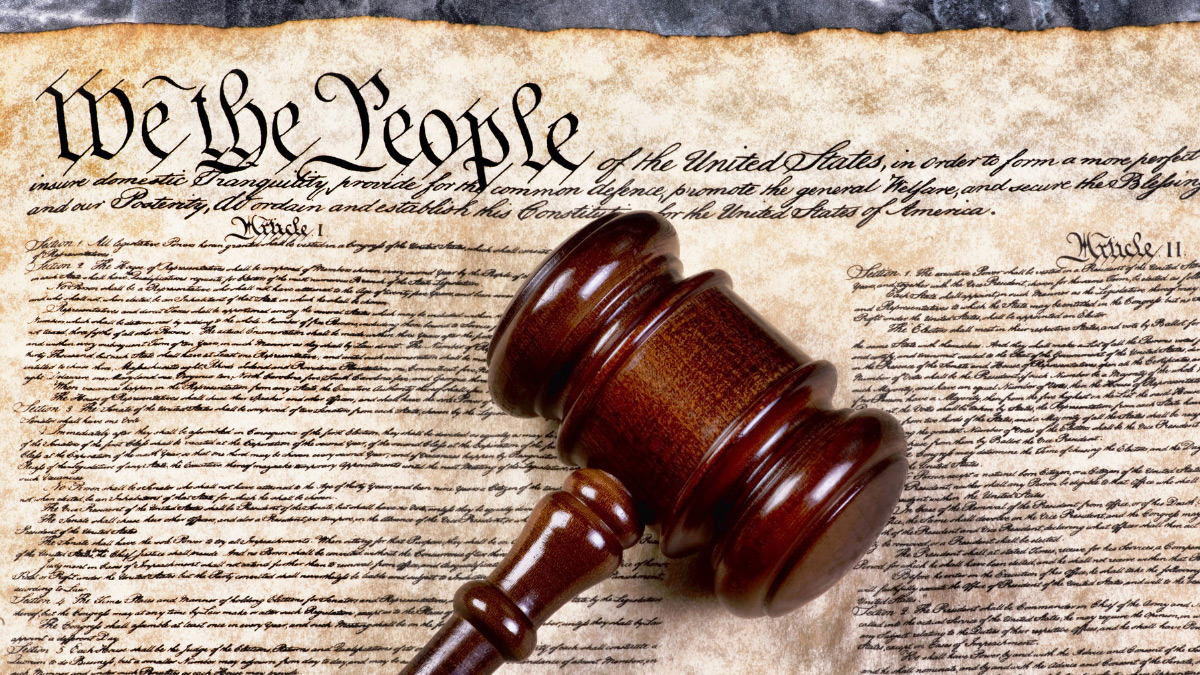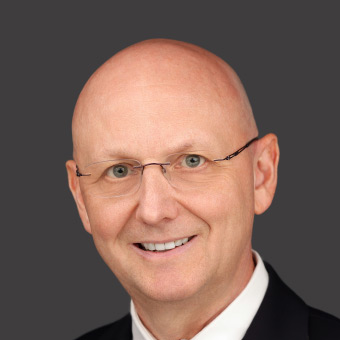For the radicals inhabiting the bureaucracy of American higher education, U.S. Secretary of Education Betsy DeVos is a threat.
For years, these “educrats” have built echo-chambers where speech codes, “safe spaces” and inquisitions have replaced free speech and academic freedom.
DeVos aims to change this. To the dismay of her critics, she already has withdrawn some of the most controversial Obama-era guidelines that essentially presumed the guilt of any male charged with sexual harassment.
Any day now her department is expected to release new guidelines for addressing sexual misconduct under Title IX of the Education Amendments of 1972. The tenor of the proposals telegraphed so far would be a great improvement compared to prior policy.
But so long as Title IX remains on the books, DeVos’ reforms will not be lasting. So entrenched is the tomfoolery on college campuses that no lasting change is possible so long as Title IX exists.
Enacted in 1972, Title IX is a federal statute that prohibits discrimination on the basis of sex in any federally funded education program or activity.
Title IX seeks to ensure that no federal money is used to support sex discrimination in education programs and also requires that schools take proactive measures to eliminate such discrimination.
Originally, the visible effects of Title IX were the cutting of low-revenue men’s sports such as wrestling and baseball so schools could achieve participation-parity with women’s sports.
Because football rosters typically exceed 100 players, Title IX put other men’s programs on the chopping block.
The clause requires the gender ratio of the student-athletes in a school’s athletic department to mirror the gender ratio of the school’s undergraduate student population.
Under the Obama administration, Title IX became a tool not to achieve participation-parity, but to sanction kangaroo courts and silence certain viewpoints.
In 2011, his administration promulgated Title IX guidance to eliminate “hostile environments,” defining sexual harassment as “any unwelcome conduct of a sexual nature.”
Schools were instructed to use a “preponderance of the evidence” standard in adjudicating a complaint, rather than higher standards such as “clear and convincing” evidence or beyond a reasonable doubt.
In many instances, the accuser could not be cross examined and the accused had little time to prepare a defense.
The insanity of the Title IX sanctioned witch hunts is best exemplified in the case of Laura Kipnis, a Northwestern University film professor and feminist.
She made the mistake of writing an article in the Chronicle of Higher Education criticizing Title IX regulations for creating an atmosphere of paranoia on campus.
For her efforts, she was rewarded with a Title IX investigation because students claimed that her complaints about Title IX amounted to a violation of Title IX. She was eventually exonerated by the school’s tribunal after much heartache and wasted time.
Educrats have enacted speech codes and anti-harassment policies under the claim that Title IX requires them.
These codes go far beyond matters of sex discrimination. They prohibit such things as “cultural intolerance” and “bias.” These terms are broadly defined to include speech that might be offensive or demeaning to a student’s race, gender preference or culture.
Thus a student’s or professor’s comment in class challenging affirmative action or the Supreme Court’s gay marriage decision are actionable on many college campuses.
Undoubtedly, Title IX-inspired speech codes and inquisitions stifle student speech and undermine the first principles of a free society. Americans should expect more from their universities, which are supposed to foster the exchange of ideas.
DeVos deserves applause for revoking Obama administration policies that encouraged schools to jettison due process in sexual harassment proceedings.
Despite the squawks of her opponents, DeVos does not go far enough in efforts to restore sanity to campus. She should lead a charge aimed at repealing—not simply tinkering with—Title IX.












